When it comes to protein powder, whey protein has been the traditional go-to supplement for athletes looking to fuel their performance and recovery. Its rapid digestibility, high leucine content, and ability to optimise muscle protein synthesis has made it a popular choice. So when we brought out our plant-based protein powder product, CMBT RELOAD people asked why we choose plant protein over whey.
While whey might have once dominated the protein world, more and more recent studies are identifying that some sources of plant-based protein are just as effective as whey, producing the same impact on body composition and performance. Additional factors such as ethical, environmental and other health factors are making plant protein a more popular option for everyone, not just for those who chose a solely plant based nutrition approach.
In this article, we cover two recent studies which investigate the effects of whey vs pea based protein, and we think you will find the results quite interesting!

Pea vs Whey Protein
Case Study 1
A 2019 study investigating the impact of whey protein in comparison to pea protein on subjects participating in high-intensity functional training (HIFT) found that both sources of protein produced similar outcomes.
HIFT is a fairly new form of training that has become increasingly popular. The training combines a range of exercises including functional fitness, high-intensity training, strength training and Olympic lifting. The explosive nature of the exercise and limited rest periods results in high caloric expenditure.
1.1 Participants & Supplement Protocol
The participants included 15 men and 15 women who were experienced HIFT athletes. Each participant was required to complete 4 HIFT sessions over the 8 week study period and were assigned either pea or whey protein to supplement in their diet.
Each participant was assigned 24g of whey or pea protein to take daily, replacing their regular supplement regime for the duration of the study if necessary. The participants were required to take their supplement twice per day: within one hour pre and post-training on workout days and once in the morning and evening between meals on non-training days.
1.2 The results
Overall, both groups consuming whey and pea protein experienced the same outcomes throughout the trial period with no one source of protein being favoured over another.
However, what particularly stood out when analysing the results of the study is the significant increase in maximal strength experienced by the participants. This was demonstrated by both groups for the 1RM back squat and the 1RM deadlift, with no significant differences between the two protein sources.

Case Study 2
Previous studies have also found that pea and whey protein produce similar outcomes related to strength. A 2015 research article published in the Journal of the International Society of Sports Nutrition compared the effects of whey and pea protein on muscle thickness and strength.
2.1 Participants & Supplement Protocol
The study participants were 161 males aged 18 - 35 who were required to take part in 12 weeks of resistance training targeted at upper limb muscles. Each subject was randomly assigned either whey protein, pea protein or a placebo to take a 25g dose twice daily. On training days, one dose was taken in the morning and the second post-training. On non-training days, one dose was taken in the morning and the second dose in the afternoon.
2.2 The results
The researchers found a significant increase in 1RM and muscle torque for upper-body maximal voluntary torque during isometric, concentric, and eccentric elbow flexions, as well as 1RM bicep curl, without a significant difference between pea and whey protein supplements.
Additionally, all groups experienced significant gains in muscle mass as demonstrated by thickness of the biceps brachii. Pea protein displayed a significantly greater impact on muscle thickness than the placebo, but whey protein sat at an intermediate position between the other two supplements. Although the results for pea were greater than those for whey, the difference was not statistically significant.
Key takeaways
An increasing amount of research and evidence is shedding light on plant-based protein sources that are a suitable alternative to traditional animal-based supplements . Pea protein - a complete source of protein containing all 9 essential amino acids - has been found to produce outcomes in strength that are comparable to whey and is therefore believed to be an effective substitute.

The comparable effects of whey and pea protein in both studies has been partially attributed to the similar nutritional characteristics of the two supplements, particularly the high levels of leucine. Leucine has been reported to stimulate muscle protein synthesis (MPS), which is needed in order to replenish muscle protein that has been damaged through resistance training. MPS is 20% higher in young adults after ingesting leucine, proteins and carbohydrates, compared to ingesting only carbohydrates and proteins without leucine.
Why we chose a combination of 4 plant based proteins to make up our CMBT RELOAD protein powder formulation
Our signature wholefood protein powder, CMBT RELOAD is 100% plant-based using a high quality and carefully chosen protein blend of organic fermented pea protein, organic sprouted brown rice protein, organic sacha inchi protein and smooth protein™ (pumpkin protein).
The reason we chose this blend of protein was simple: we wanted to create the most effective recovery formula possible for combat athletes whilst avoiding any gastric issue and maximising anti-inflammation properties.
By combining four plant-based proteins, CMBT Reload is able to provide a far superior amino acid profile than just one plant protein option. CMBT Reload is a complete protein source providing all of the amino acids essential for optimal recovery and performance.
Combat sports take a huge toll on the body that we are all too familiar with because we spend each and everyday on the mats. So we wanted to create a product that focussed on reducing inflammation, assisting with replacing electrolytes as fast as possible, assisting in gut health for immunity so you avoid getting sick easily and other ingredients that make you feel better and increase your recovery. We wanted to get you back on the mat quicker, for longer. For this reason, using plant based protein sources made the most sense and fit with our mission.
Our CMBT RELOAD is free from dairy, soy, gluten and lactose, making it easy to digest and formulated to maximise nutrient absorption.
Click here try our CMBT RELOAD now and experience the benefits for yourself. Use the code CMBTACADEMY now at checkout for 15% off your order (one time use only).

References
Babault, N., Païzis, C., Deley, G. et al. Pea proteins oral supplementation promotes muscle thickness gains during resistance training: a double-blind, randomized, Placebo-controlled clinical trial vs. Whey protein. J Int Soc Sports Nutr 12, 3 (2015). https://doi.org/10.1186/s12970-014-0064-5
Banaszek, A., Townsend, J. R., Bender, D., Vantrease, W. C., Marshall, A. C., & Johnson, K. D. (2019). The Effects of Whey vs. Pea Protein on Physical Adaptations Following 8-Weeks of High-Intensity Functional Training (HIFT): A Pilot Study. Sports (Basel, Switzerland), 7(1), 12. https://doi.org/10.3390/sports7010012


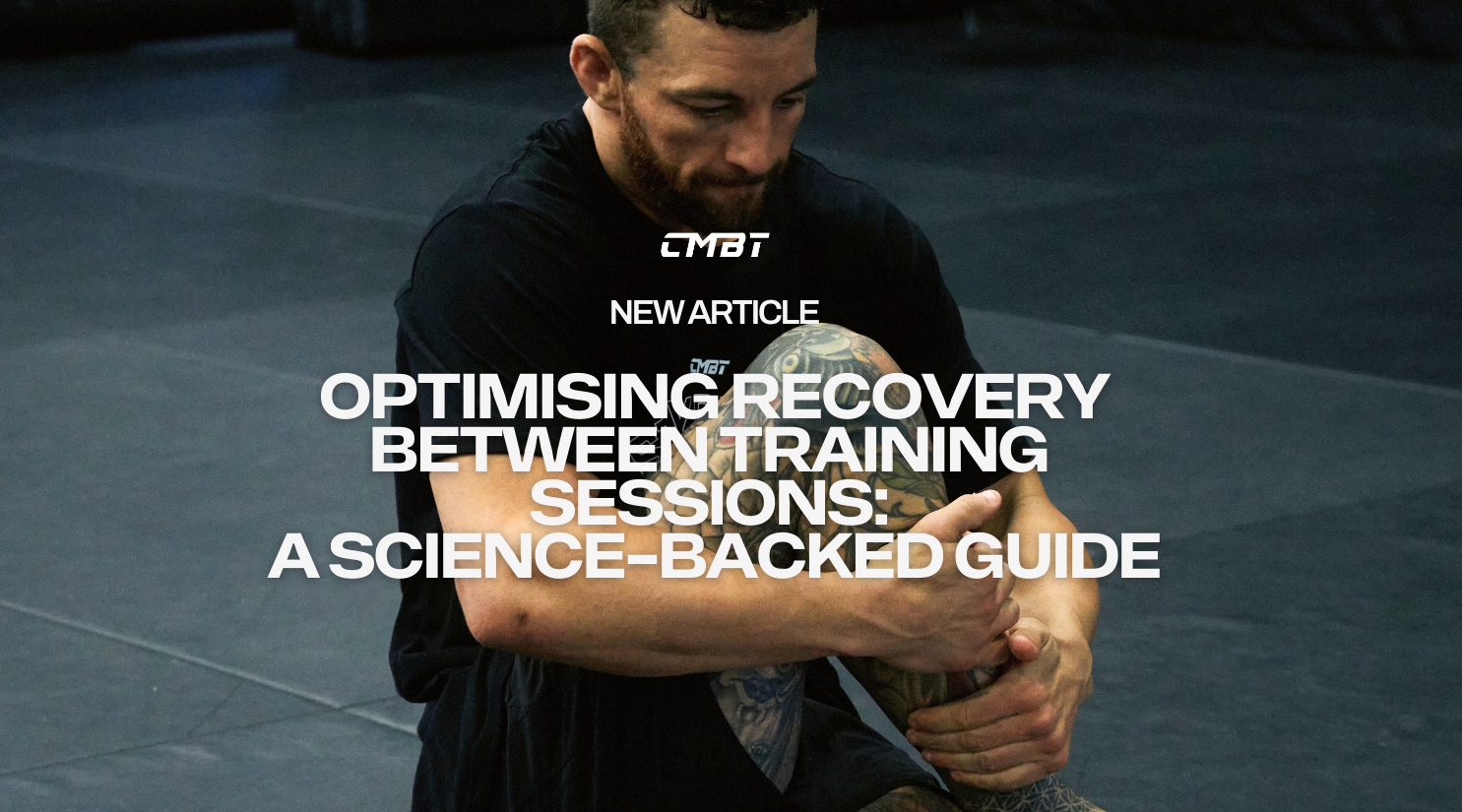
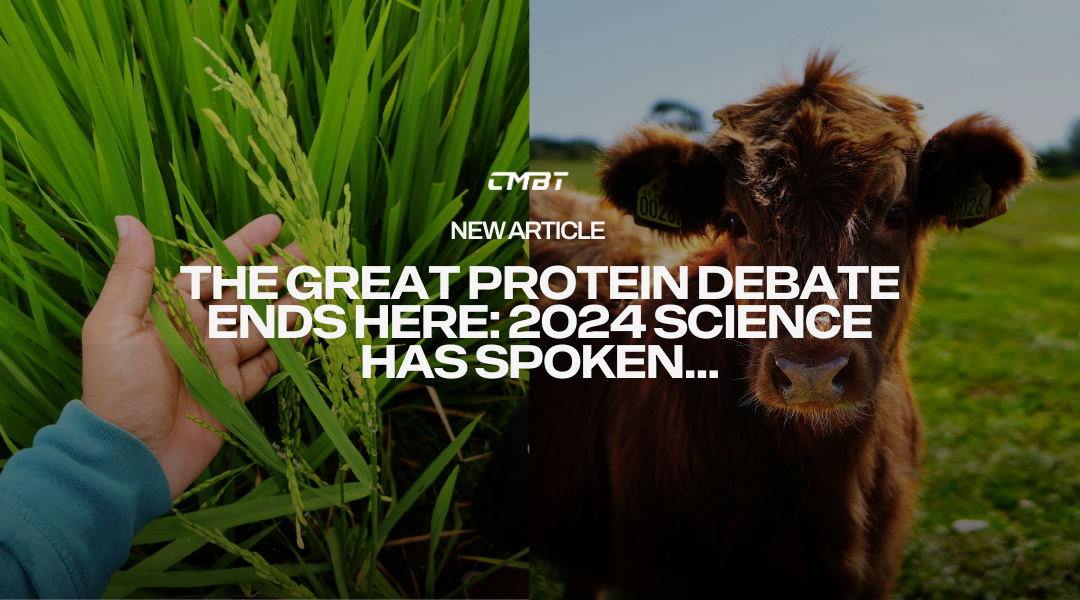

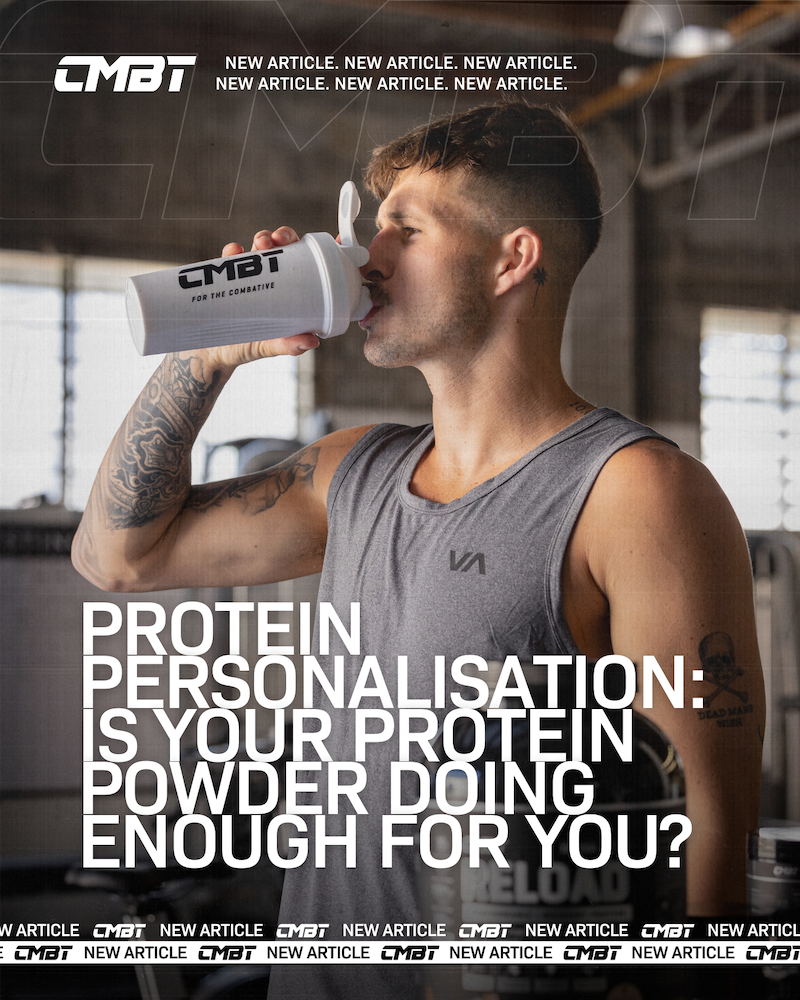

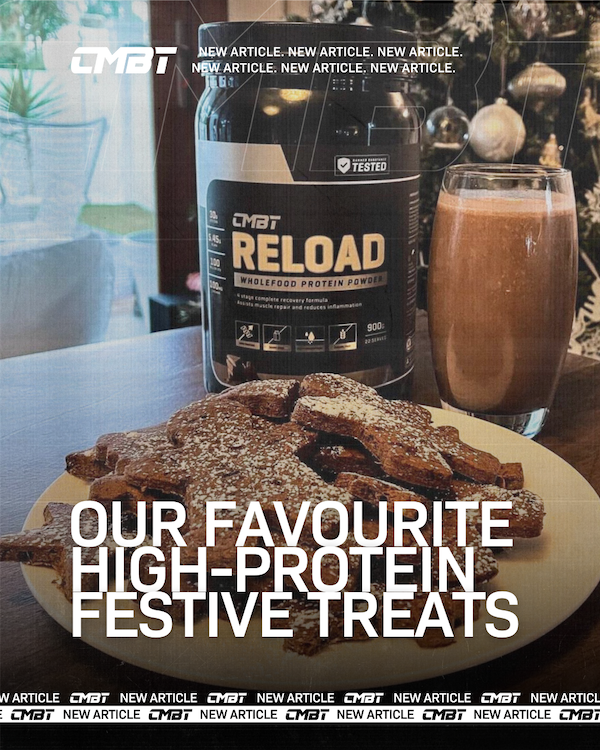

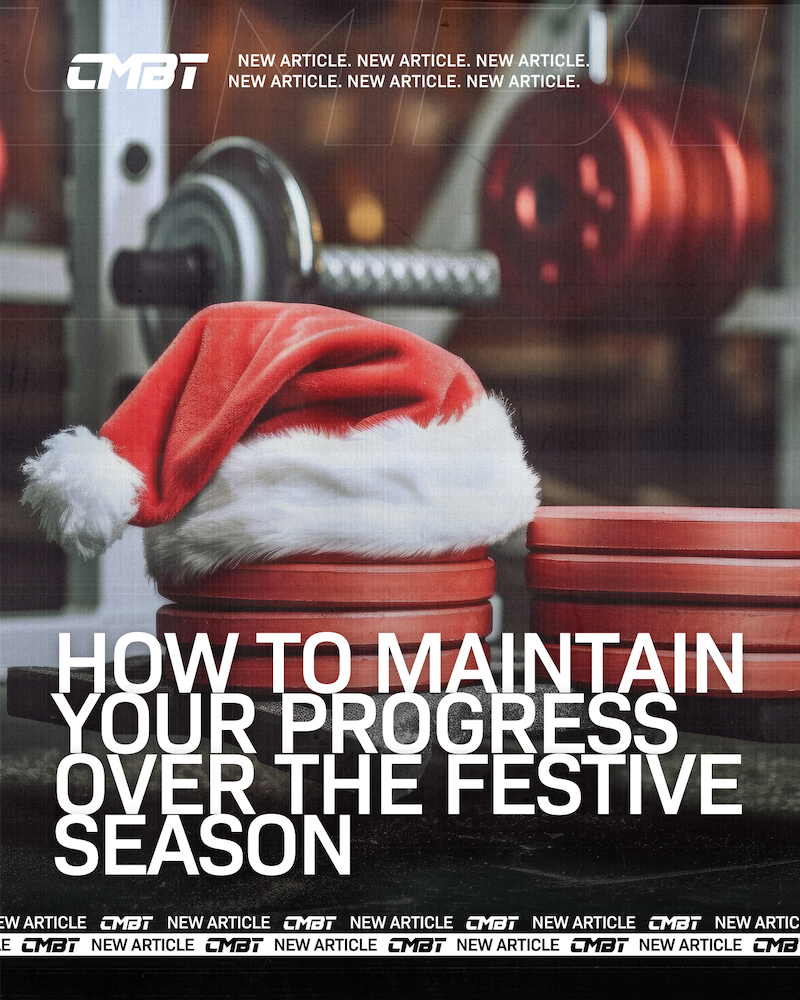
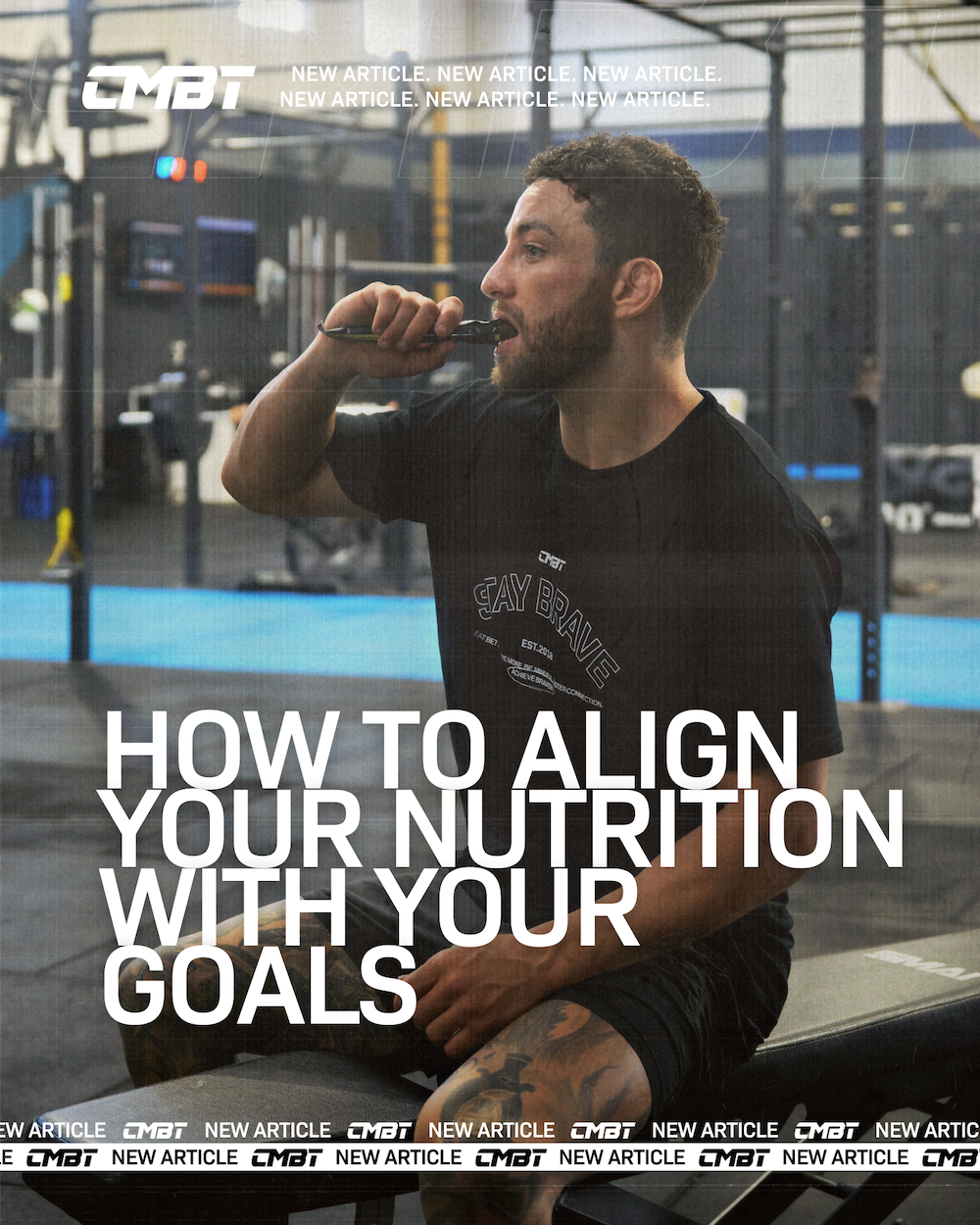

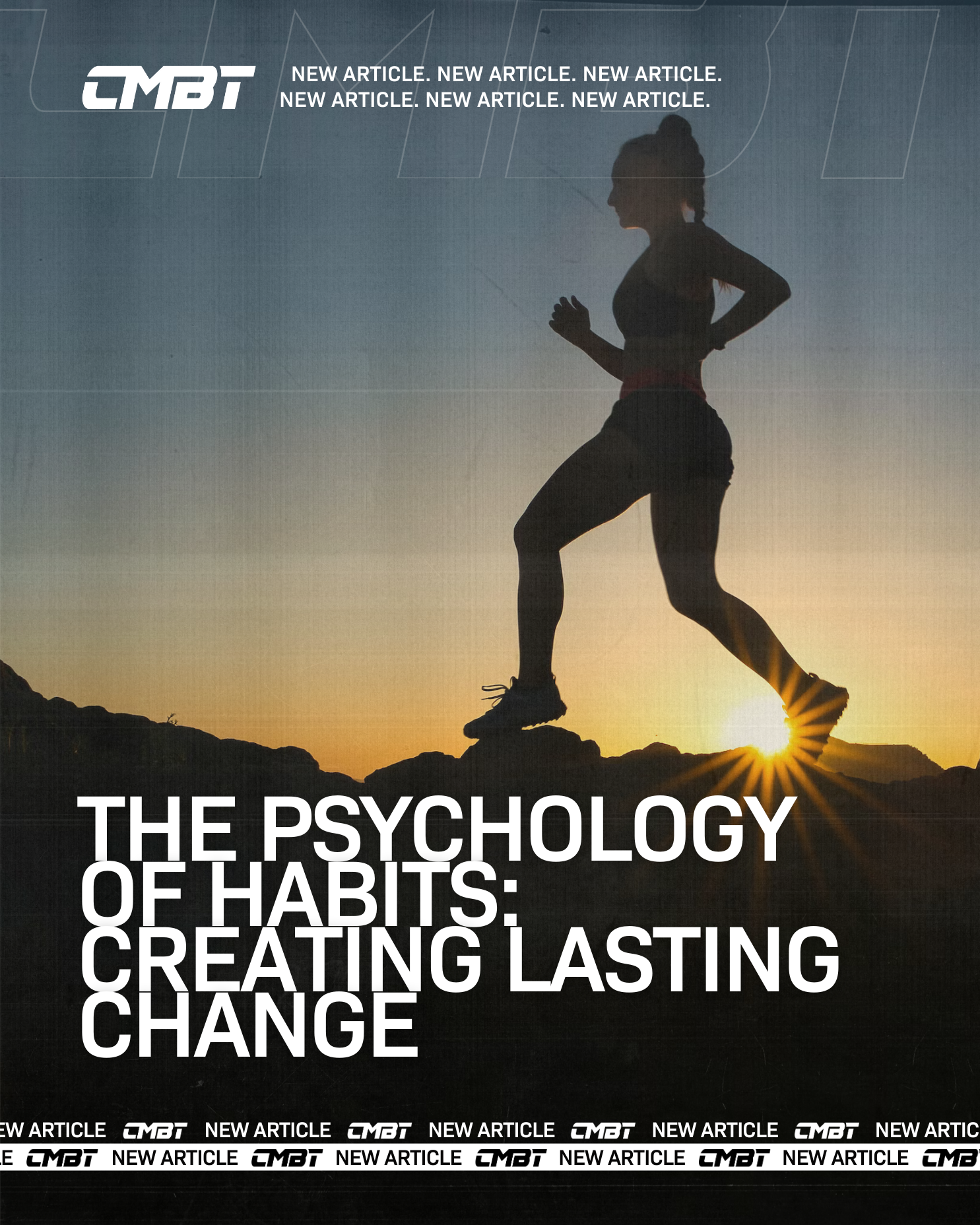

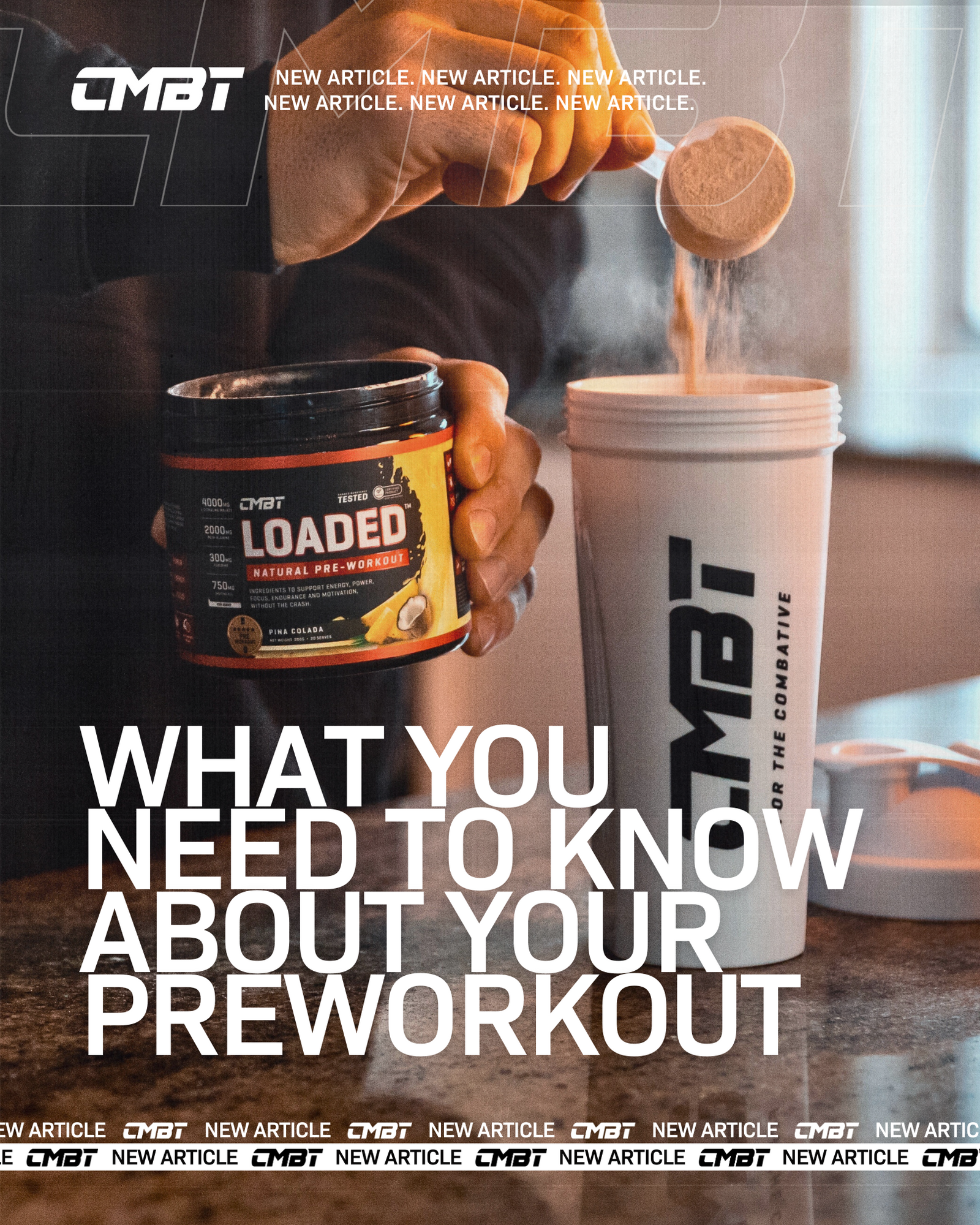

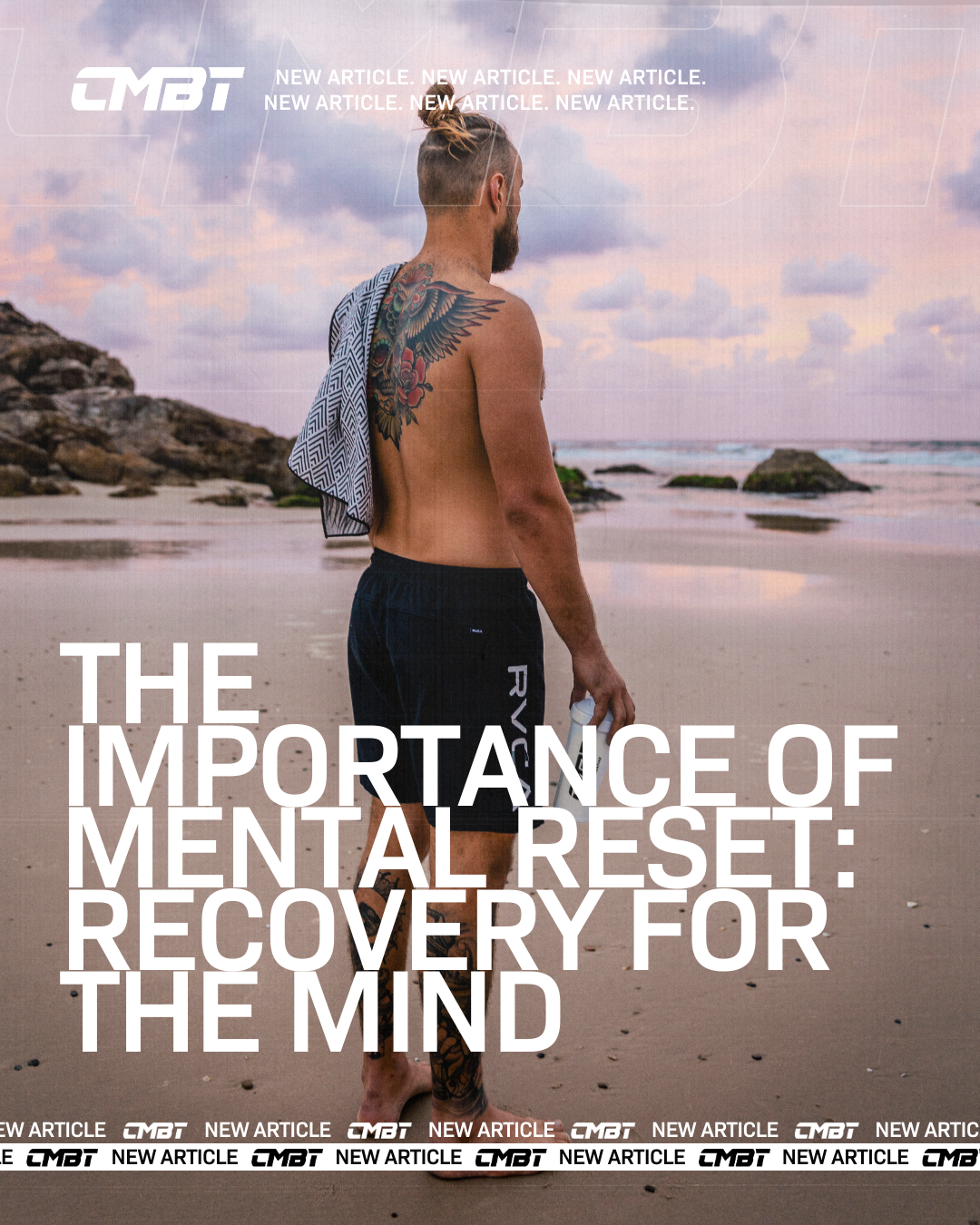
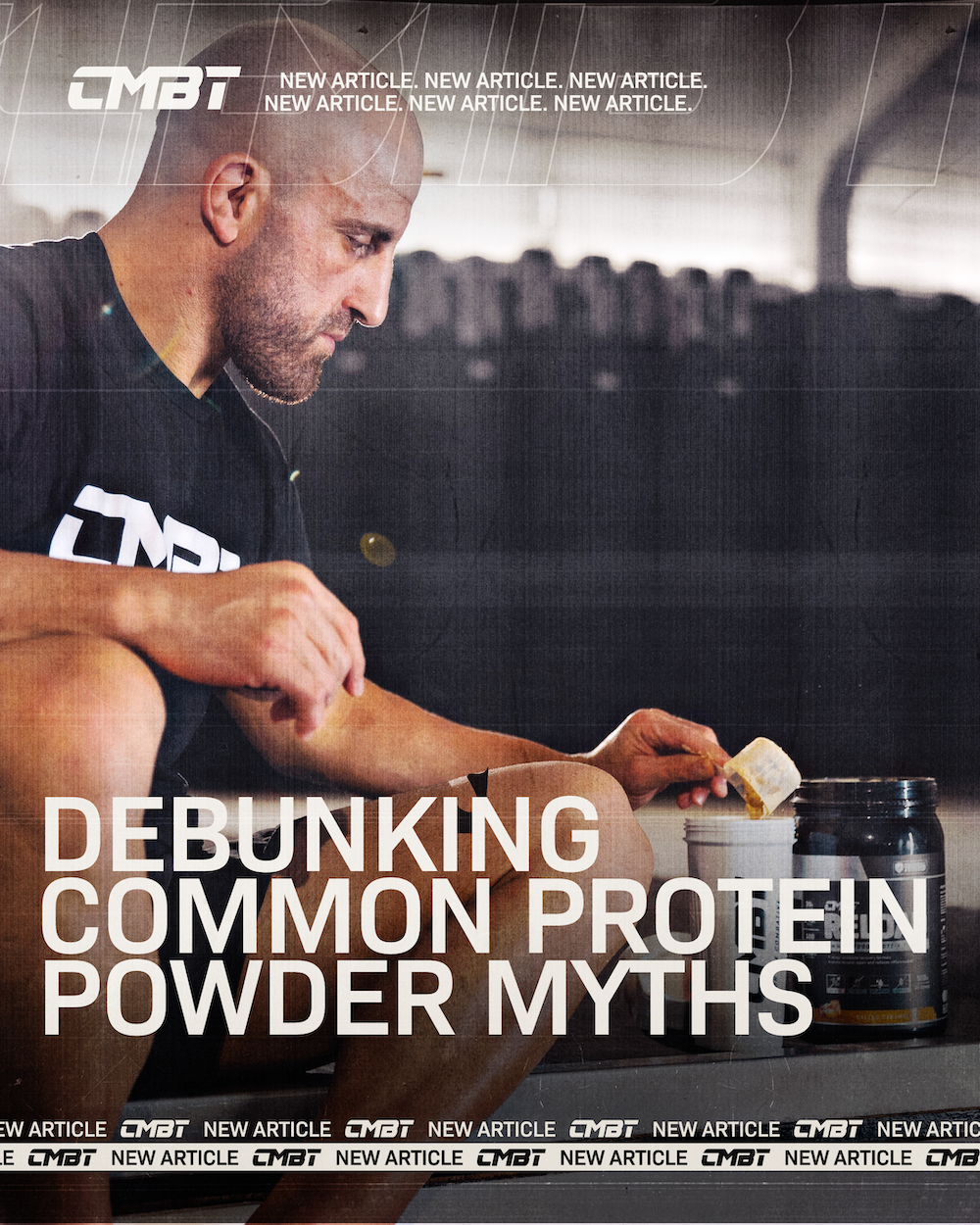
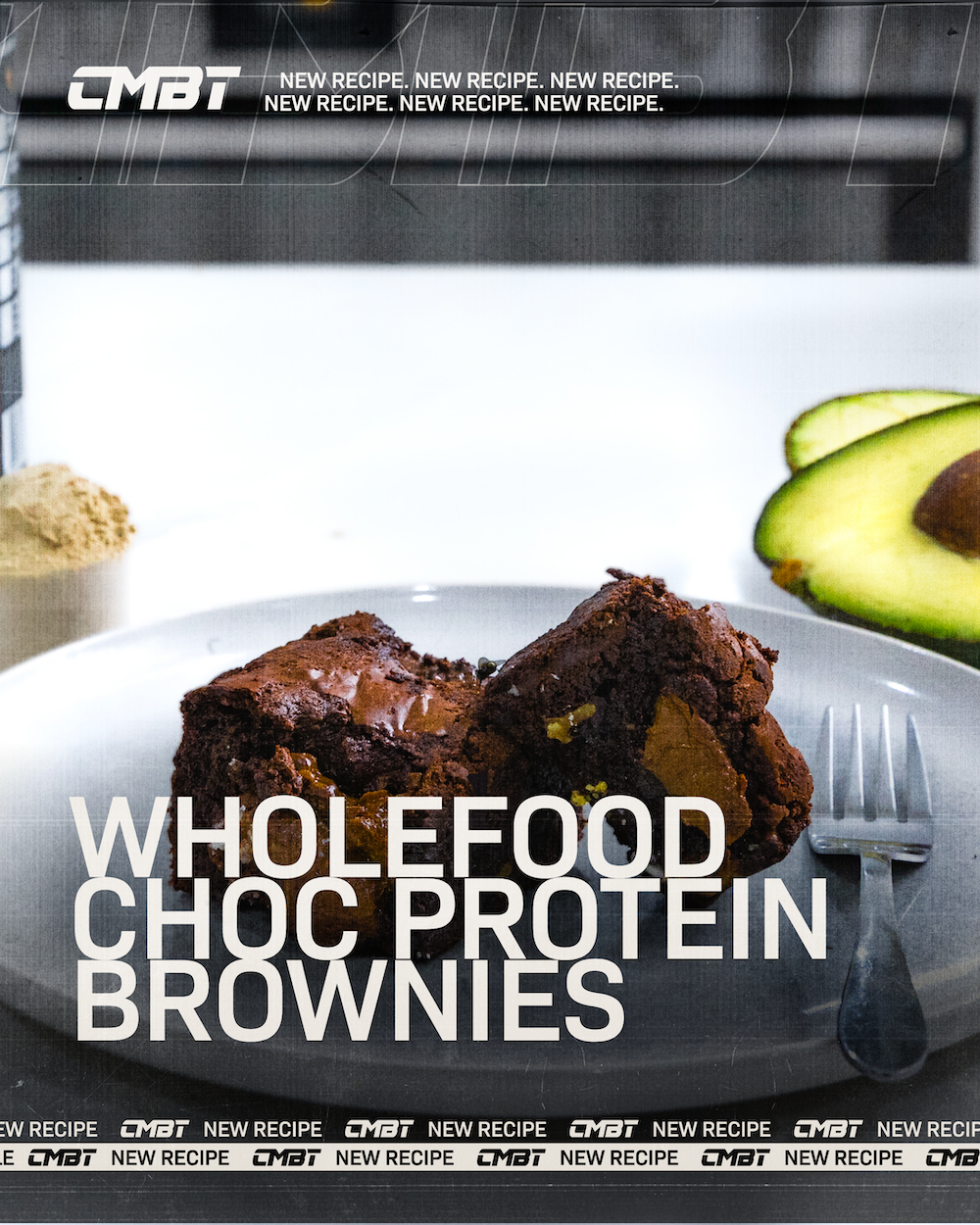


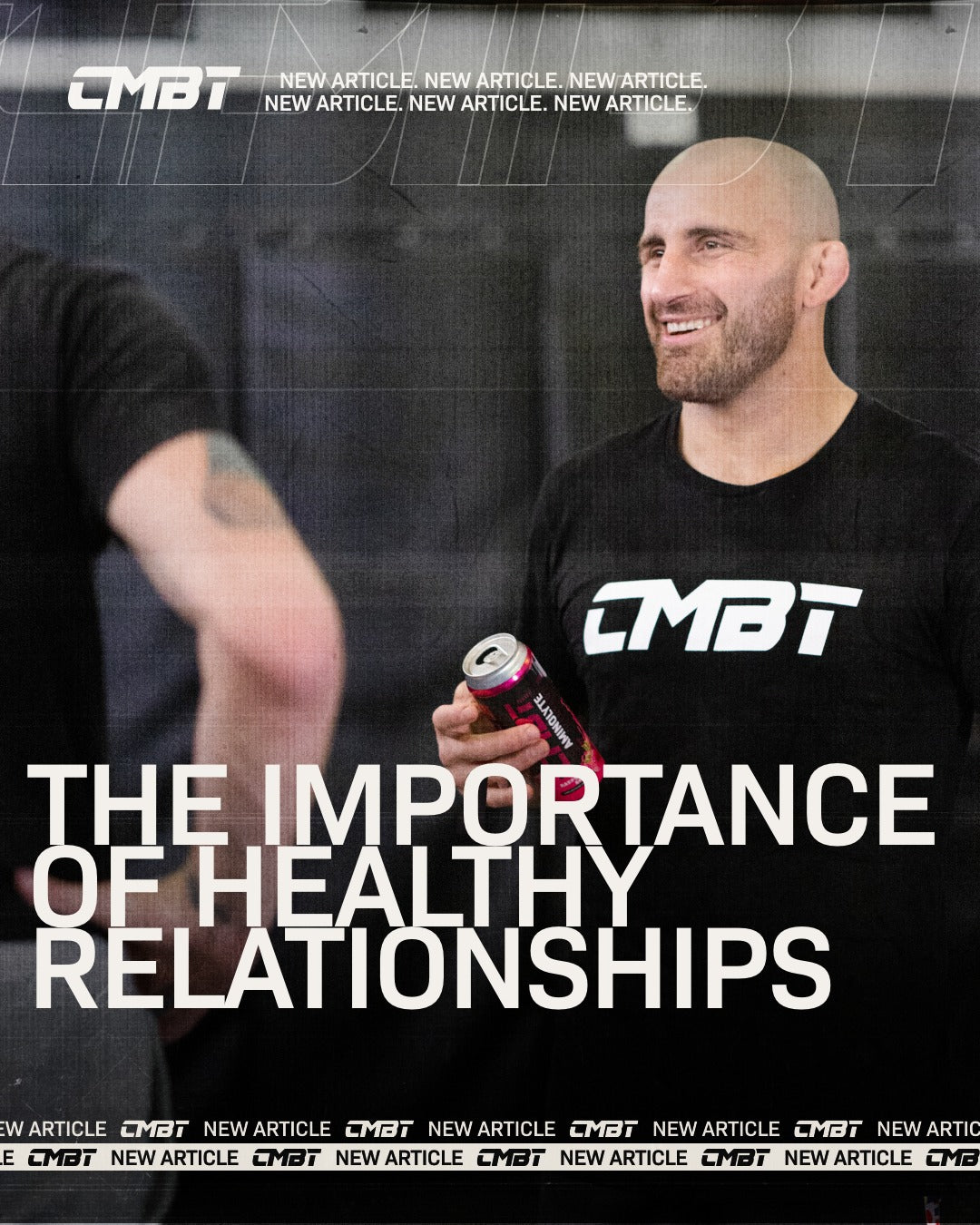
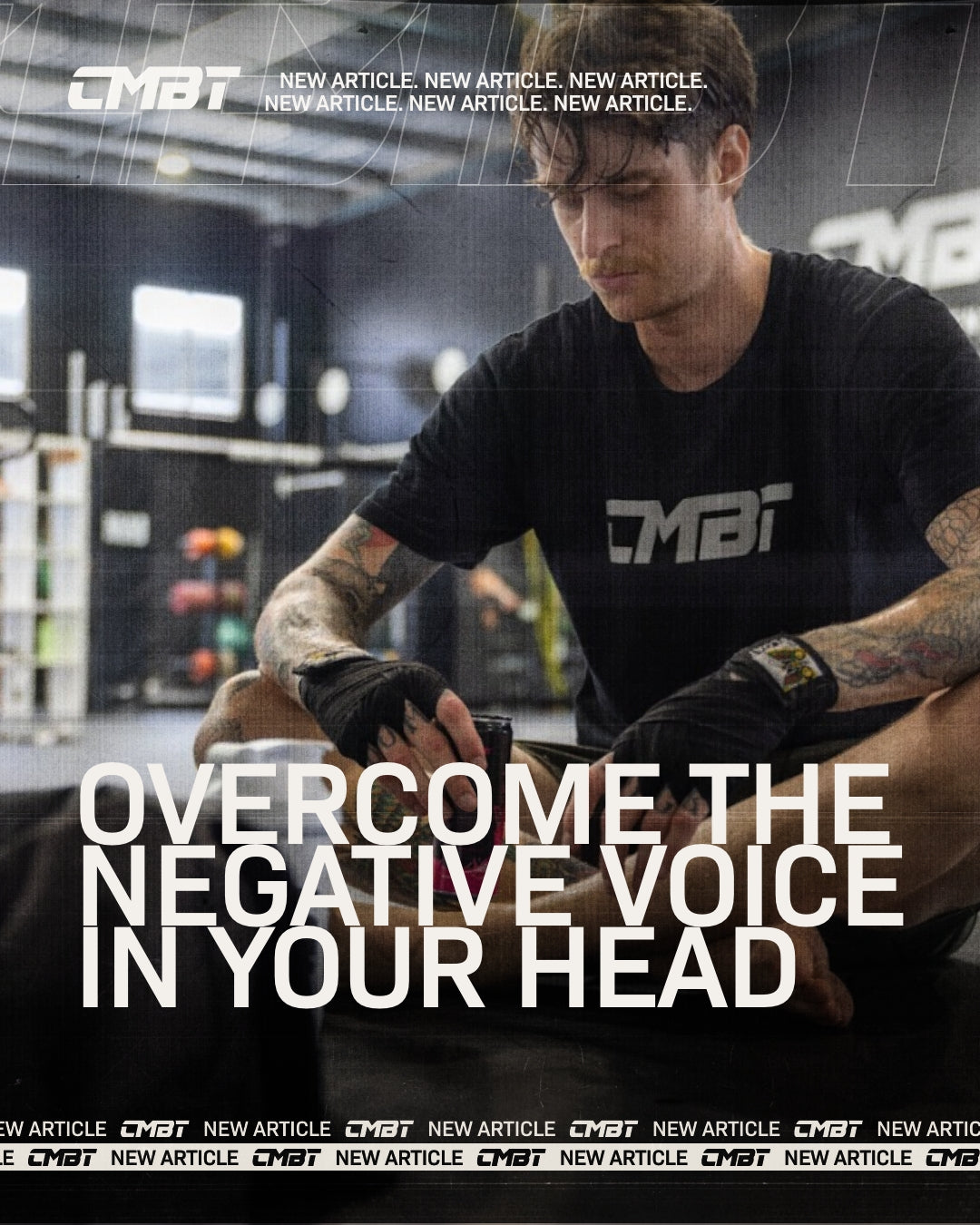

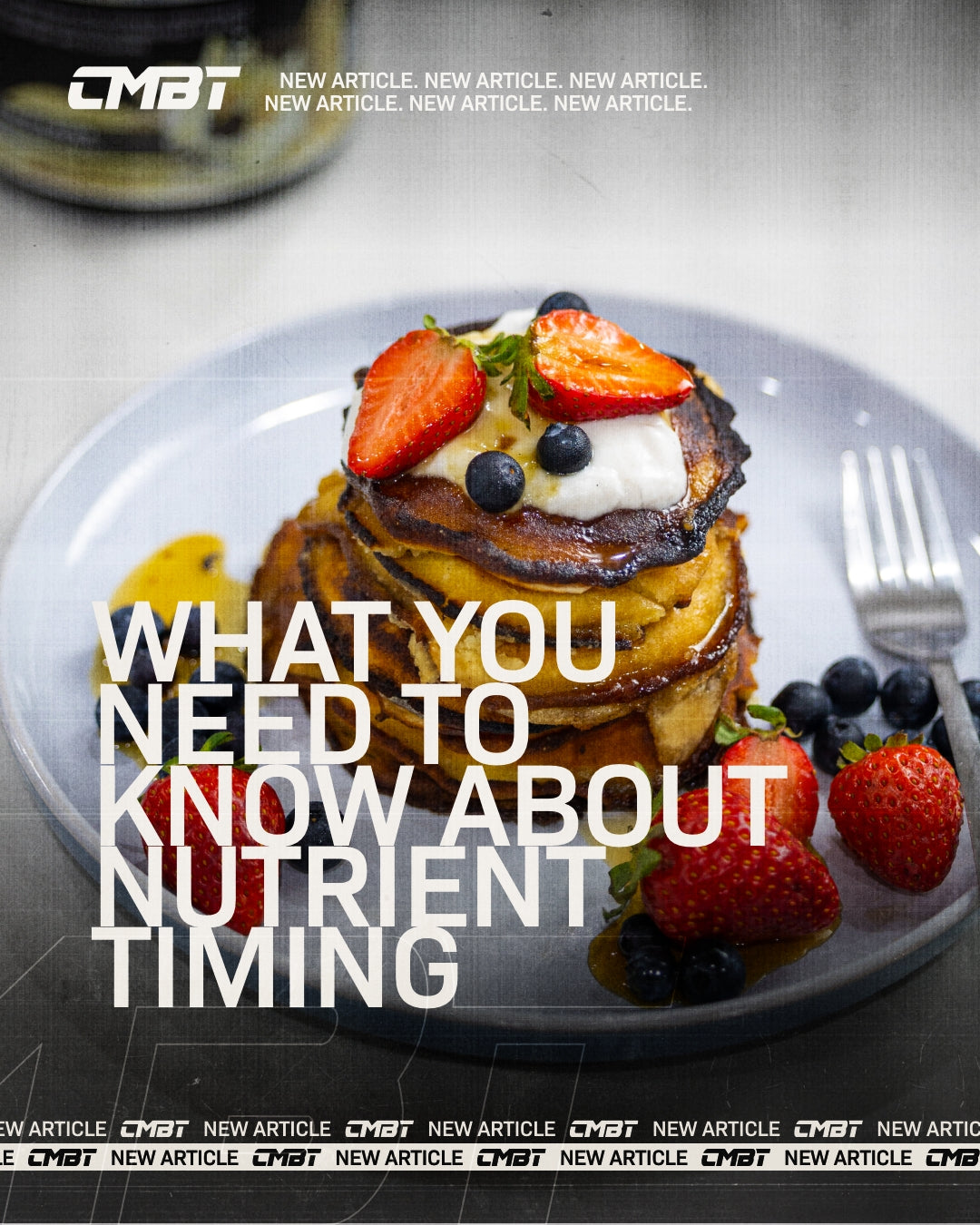



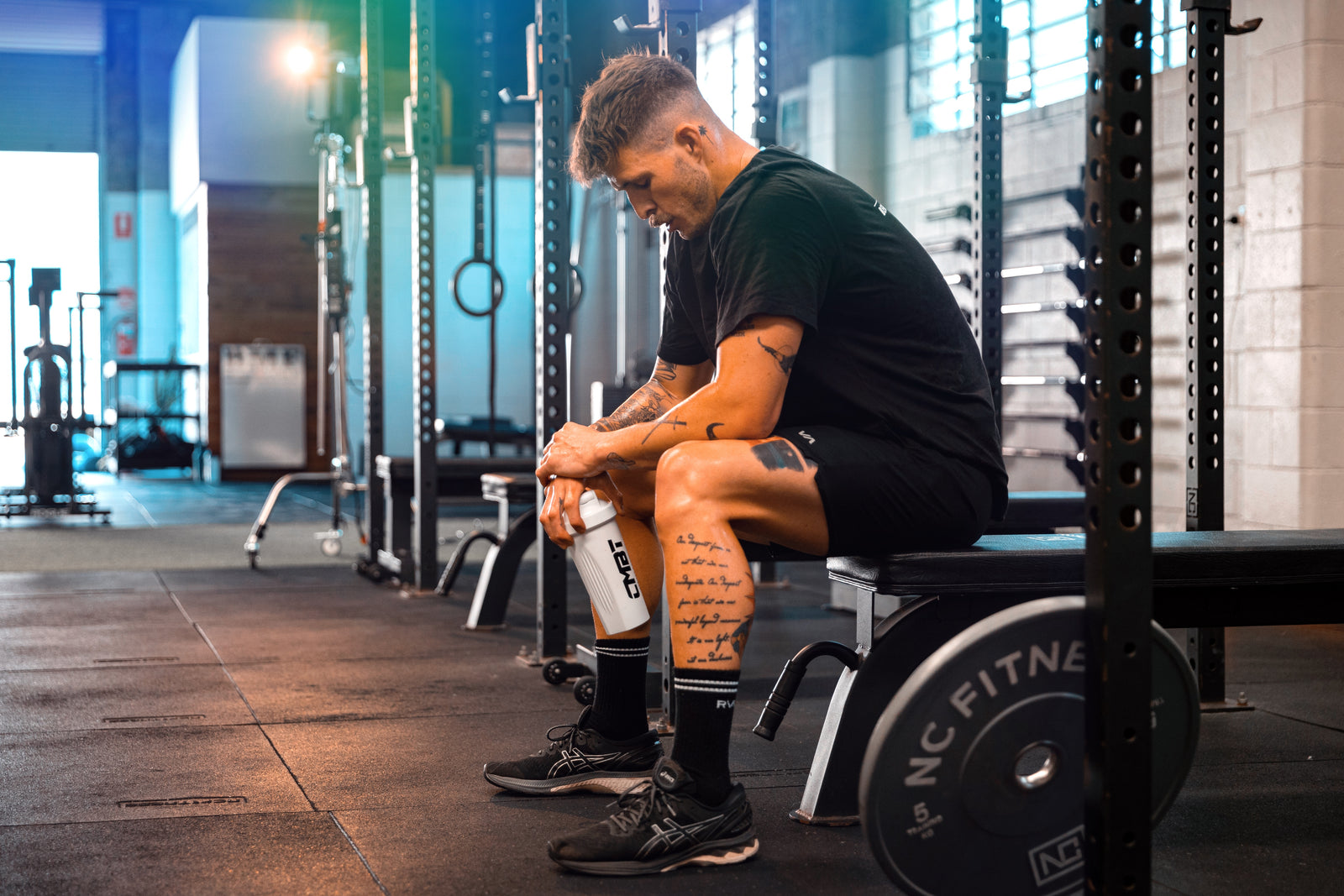
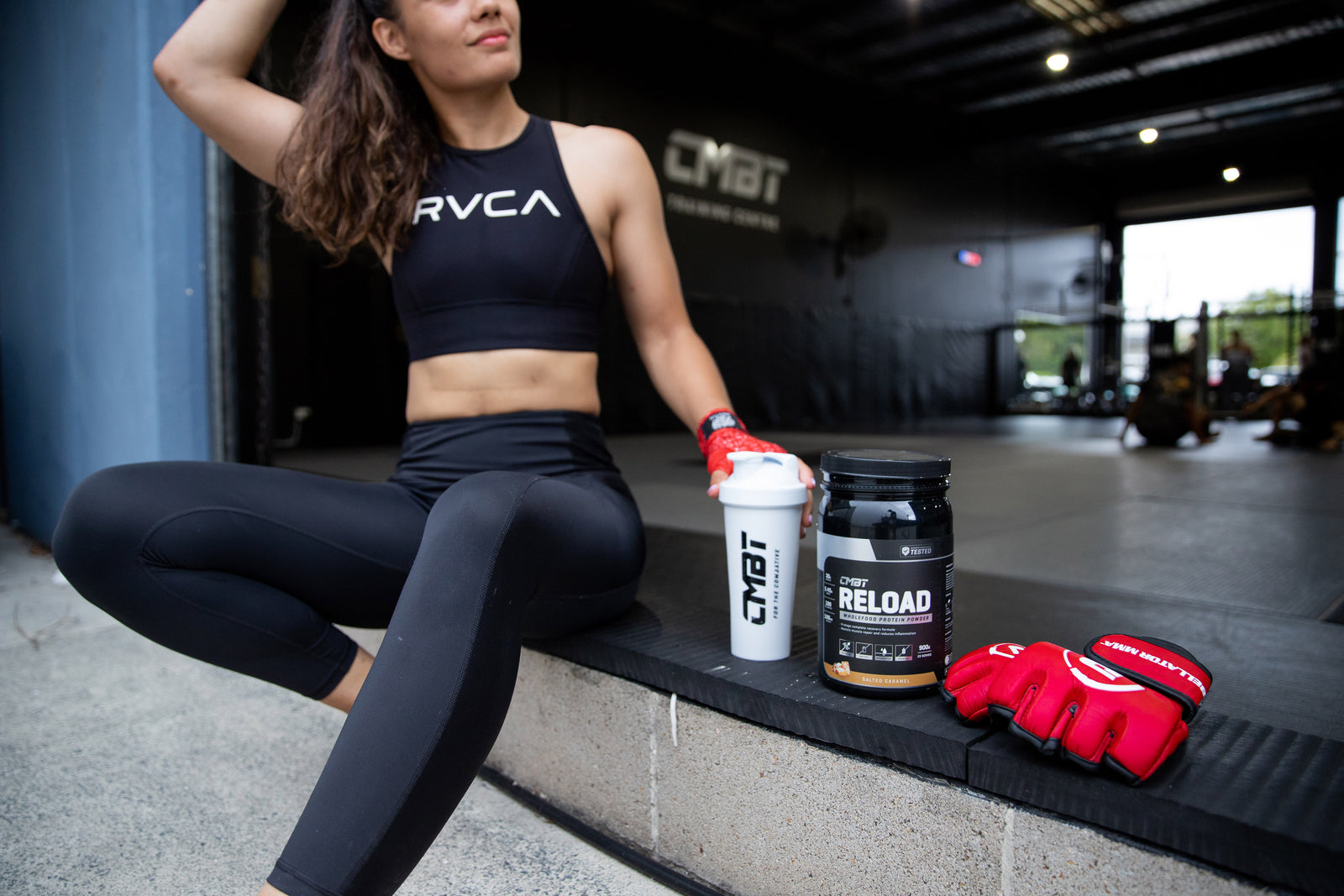
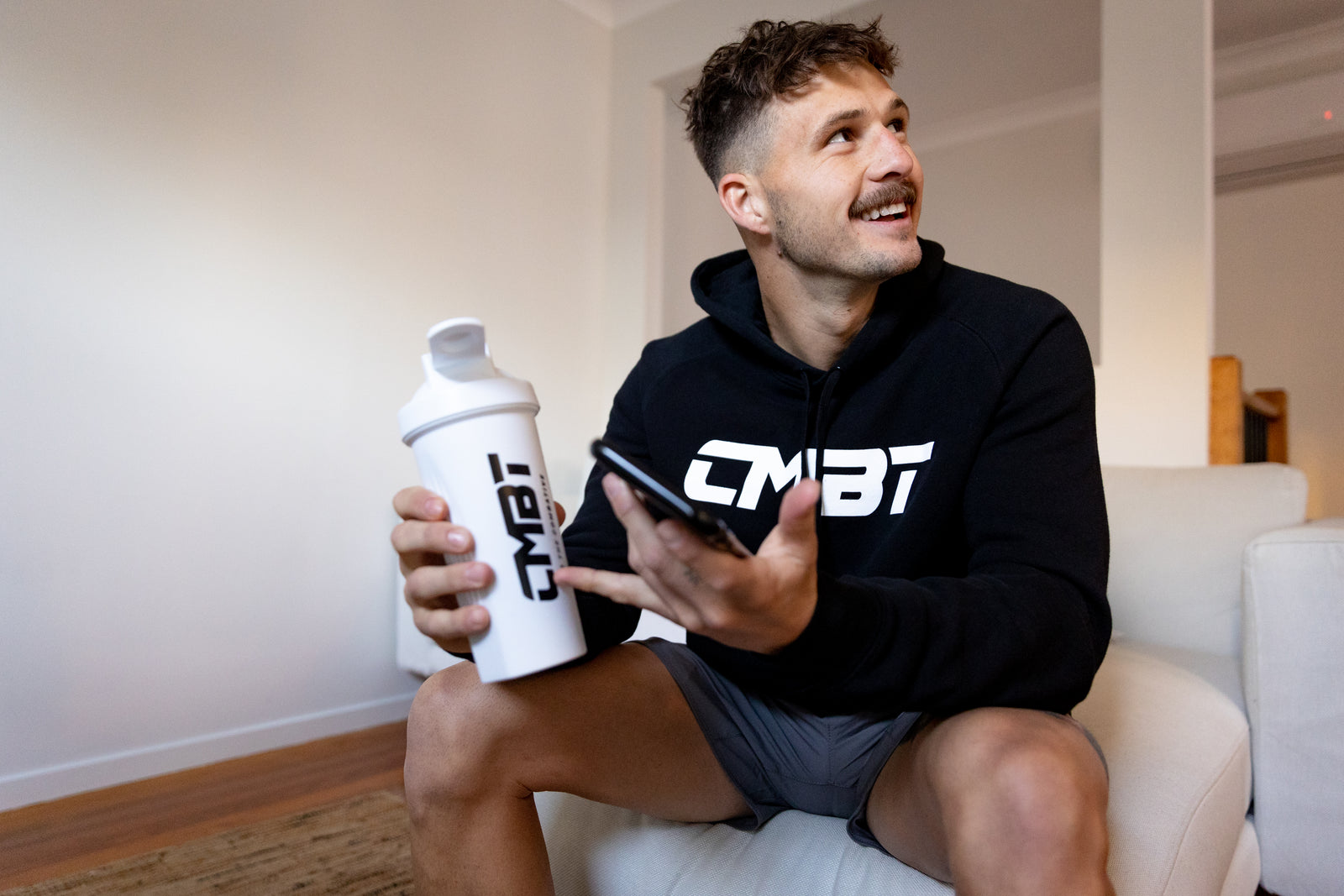

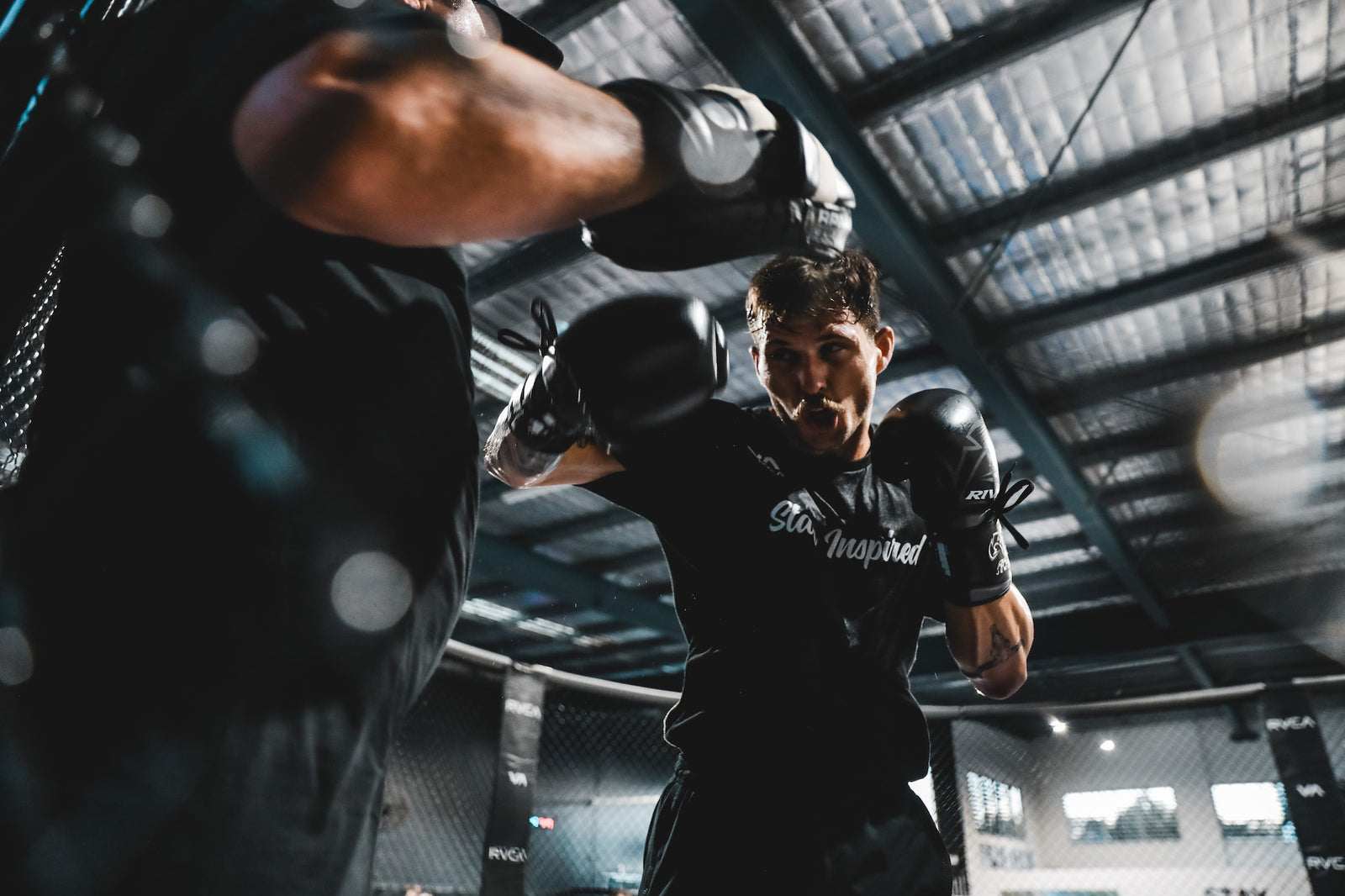
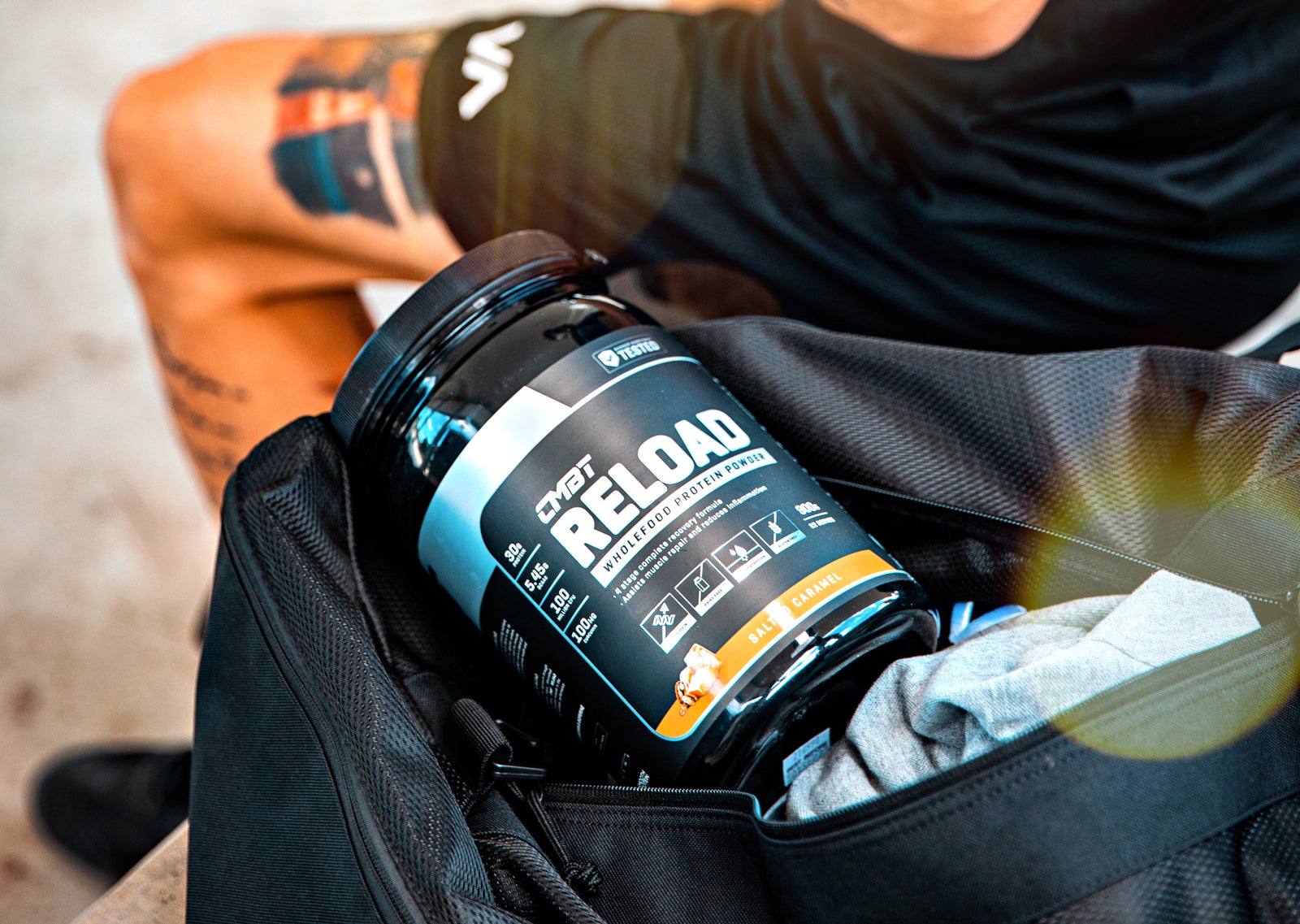
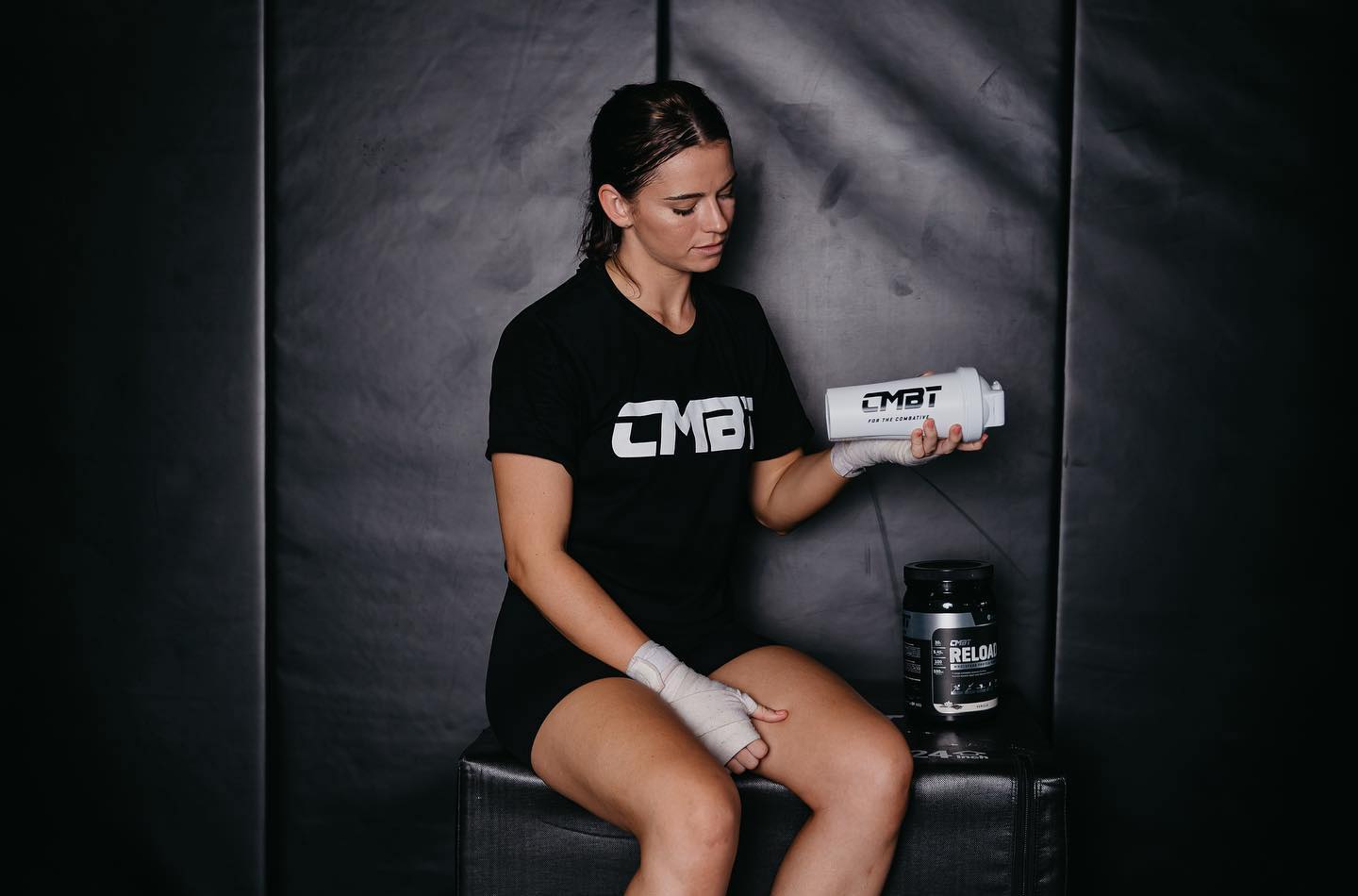


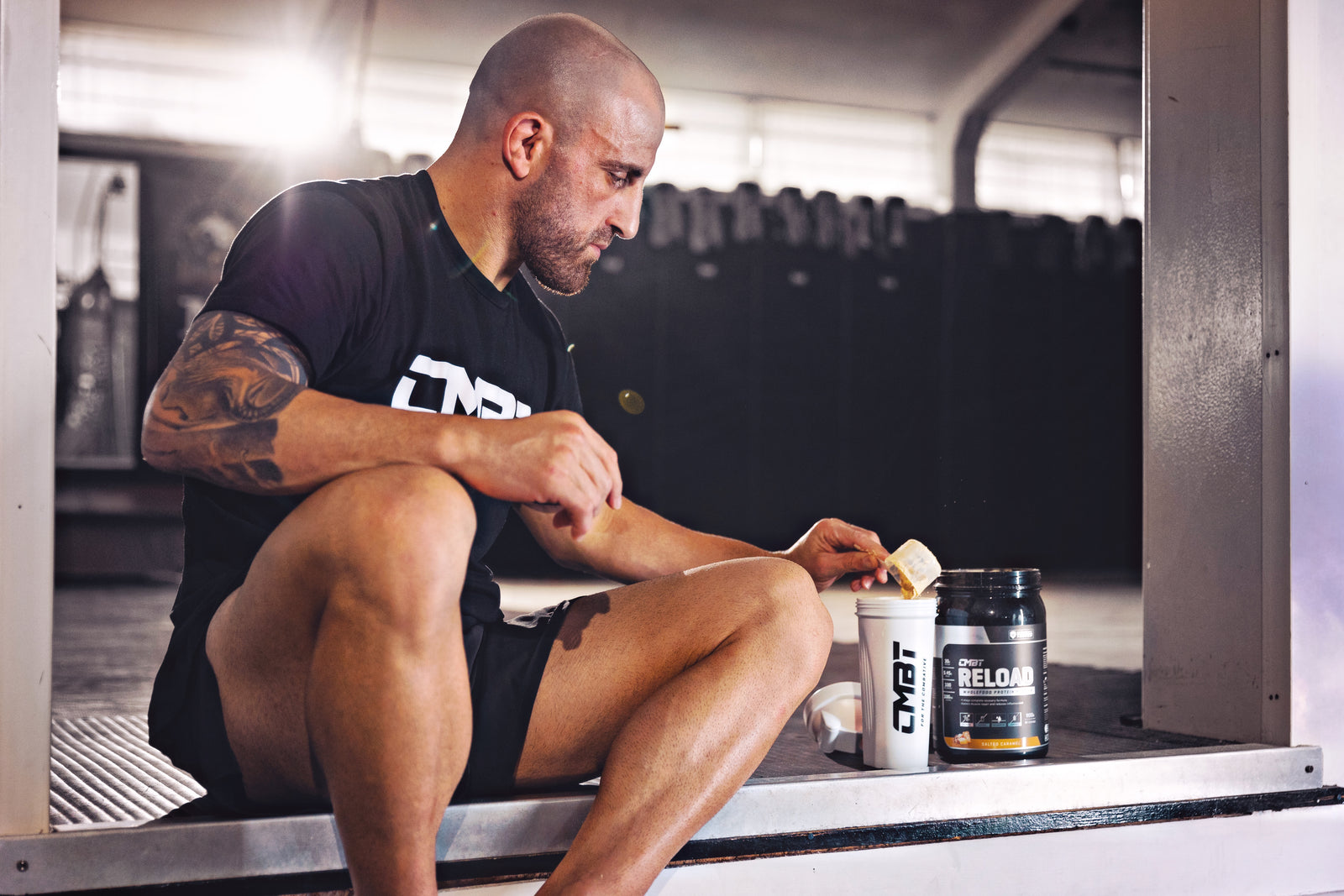
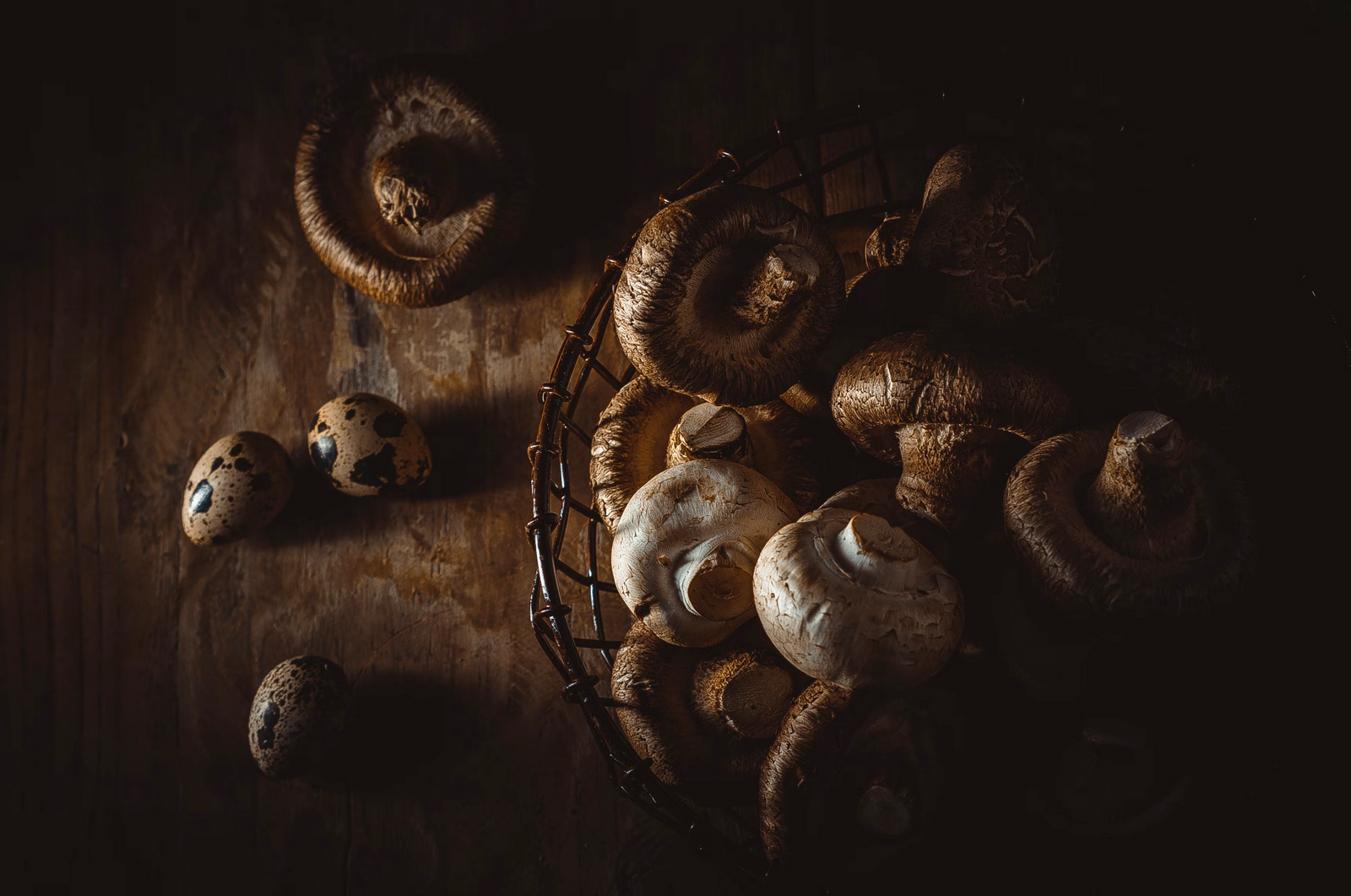
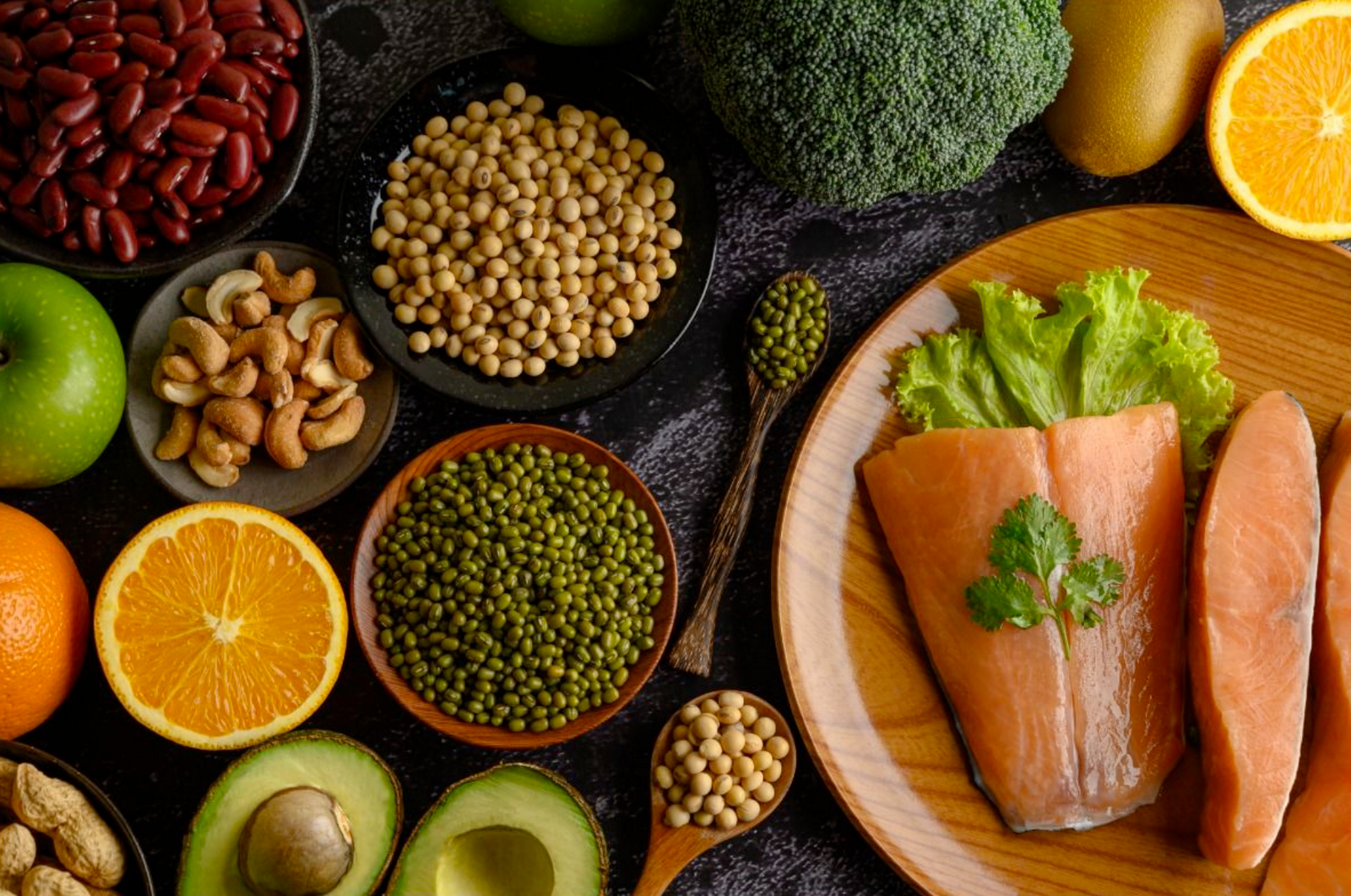
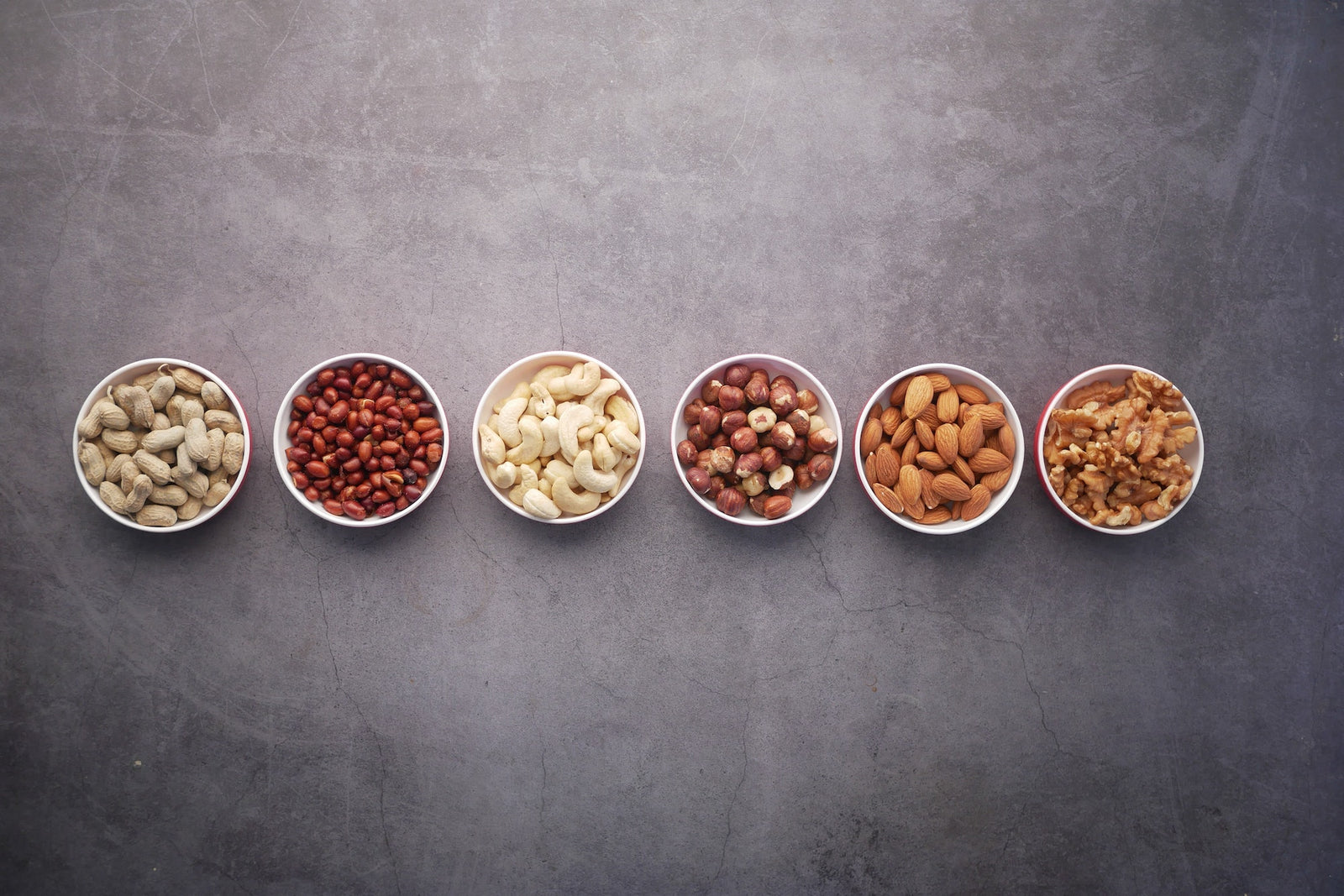
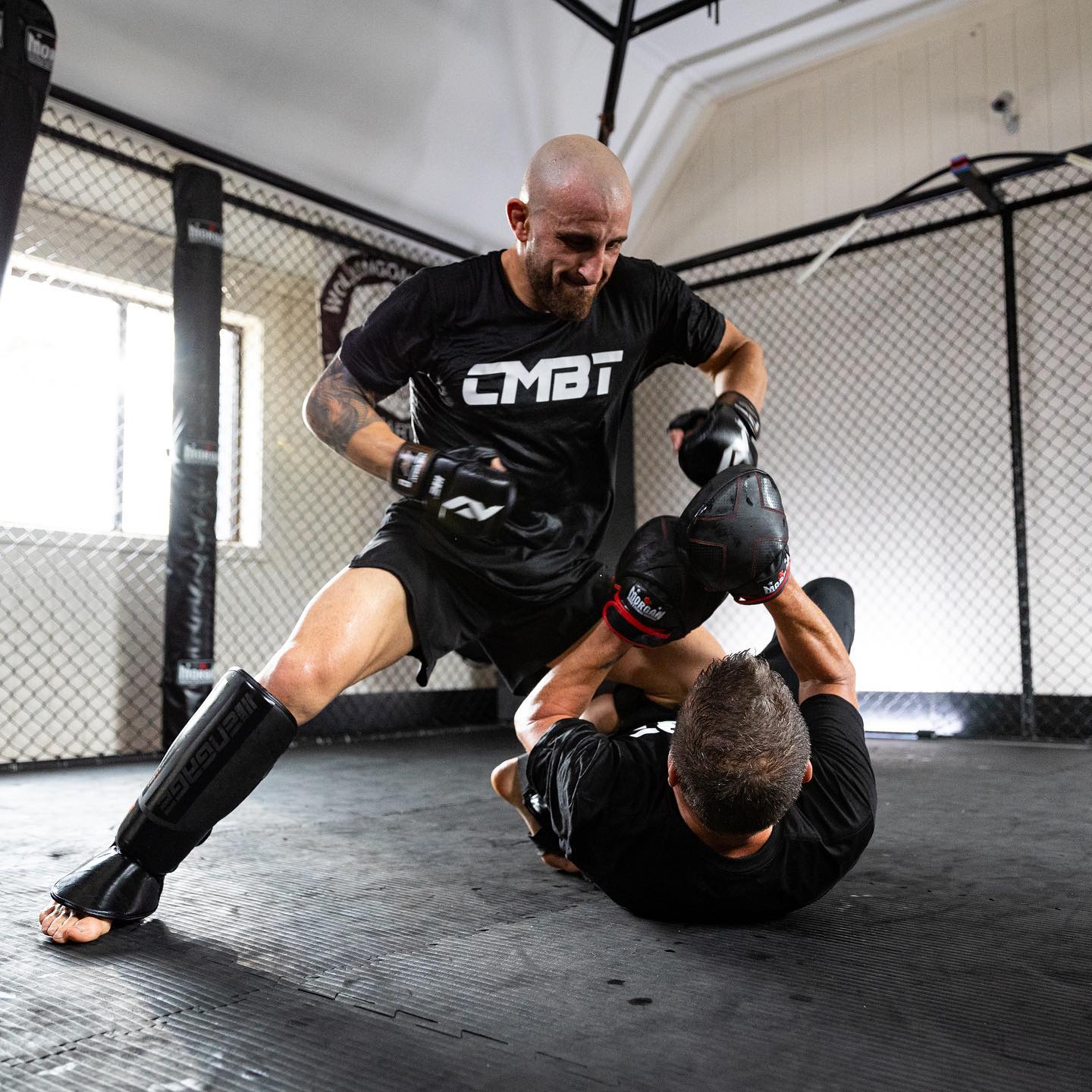
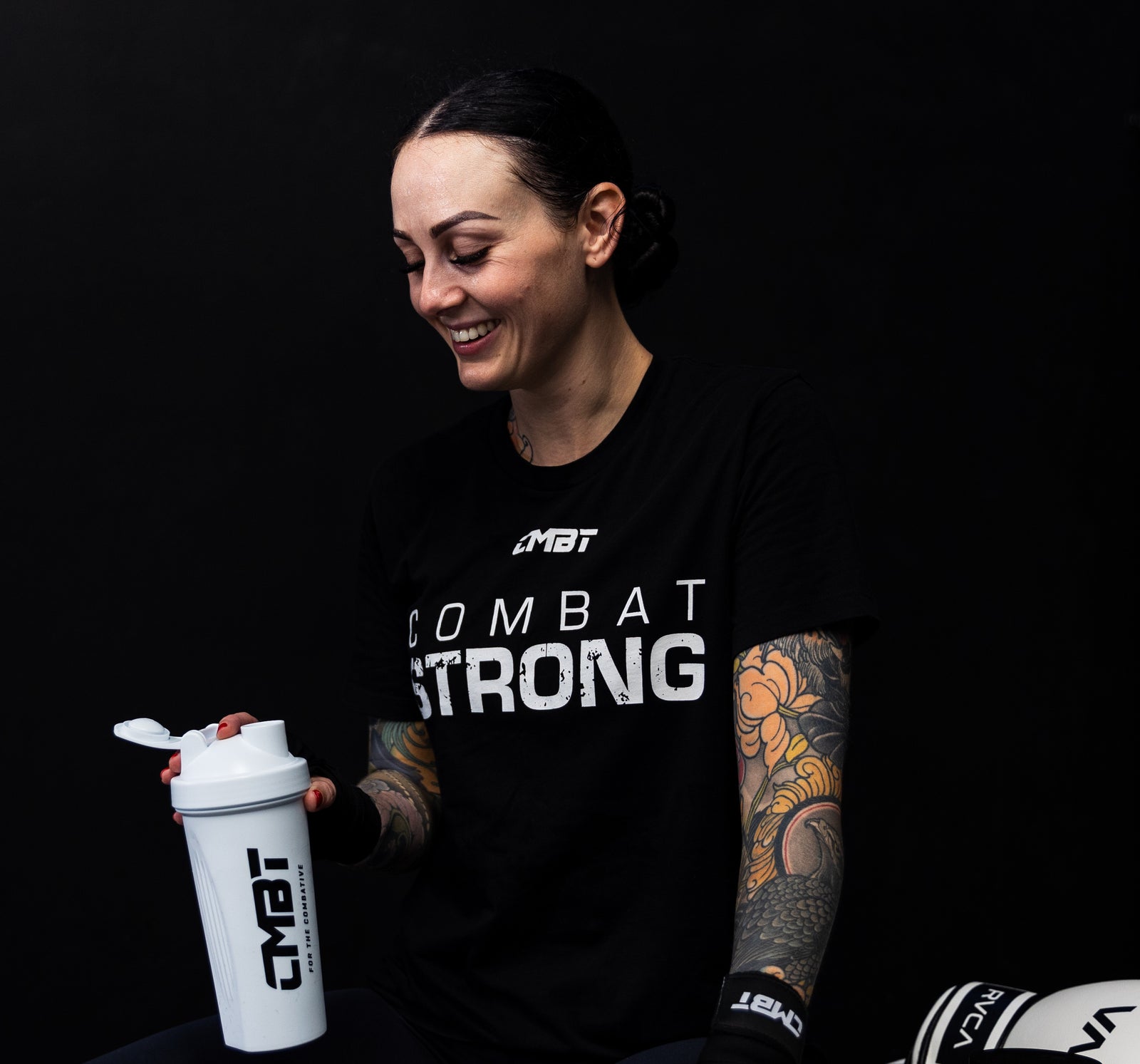



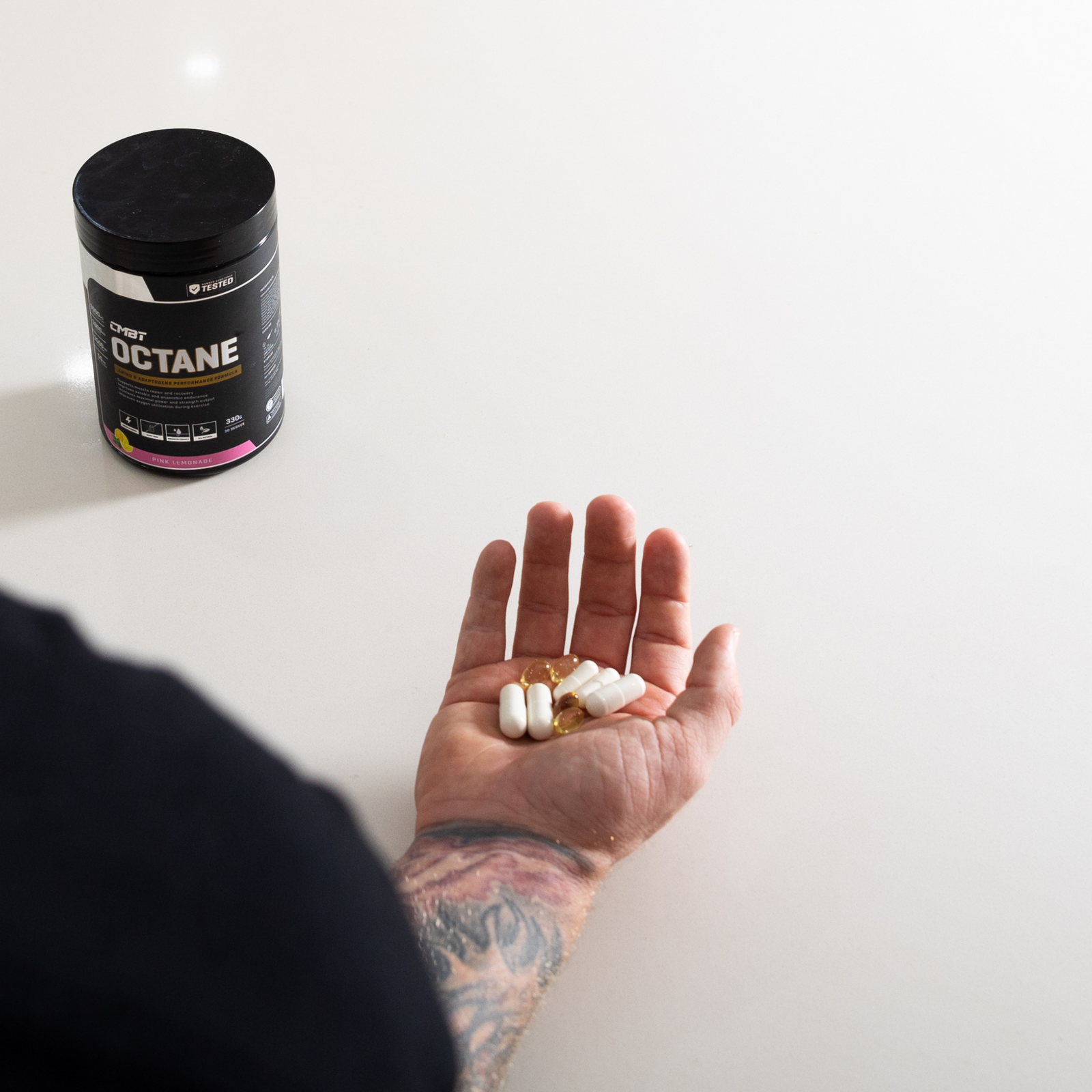


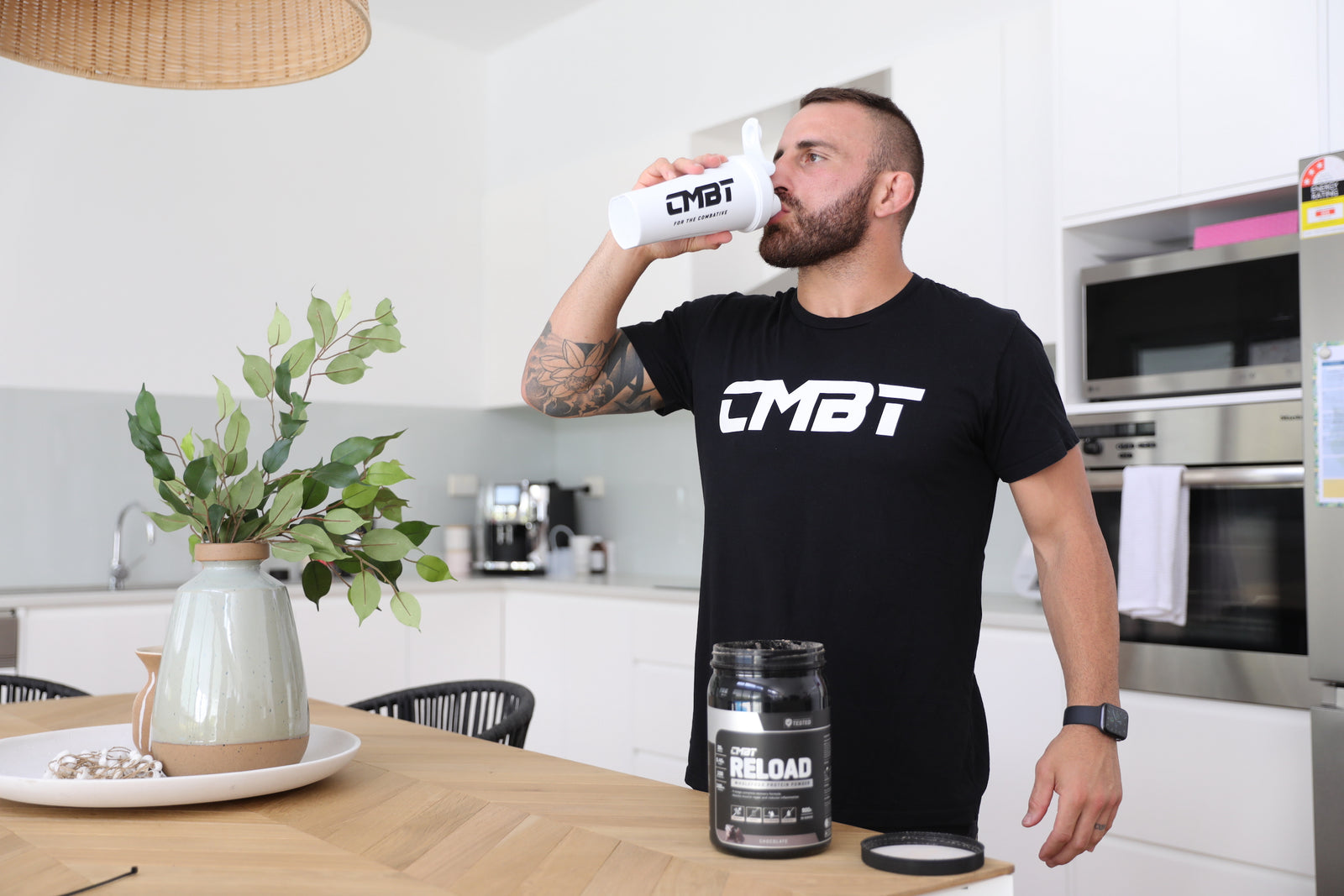
![[VIDEO] Fuel Your Passion feat. Sami Locke](http://cmbt.com.au/cdn/shop/articles/Sami.jpg?v=1625826844&width=1600)